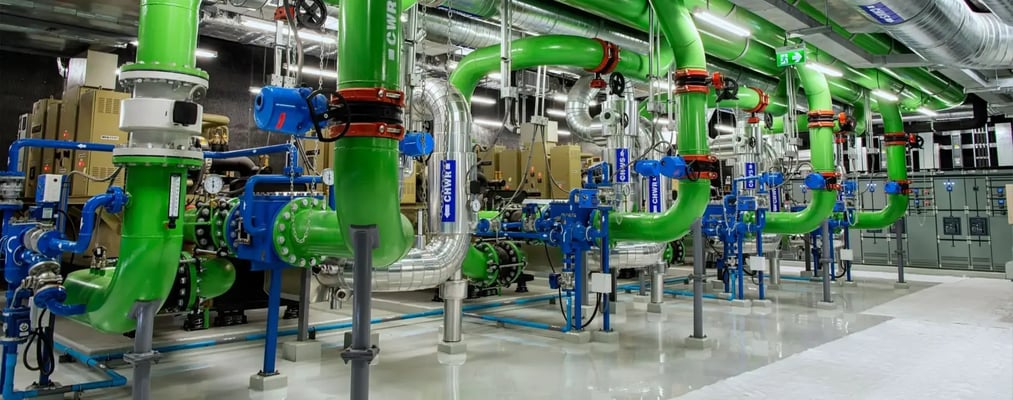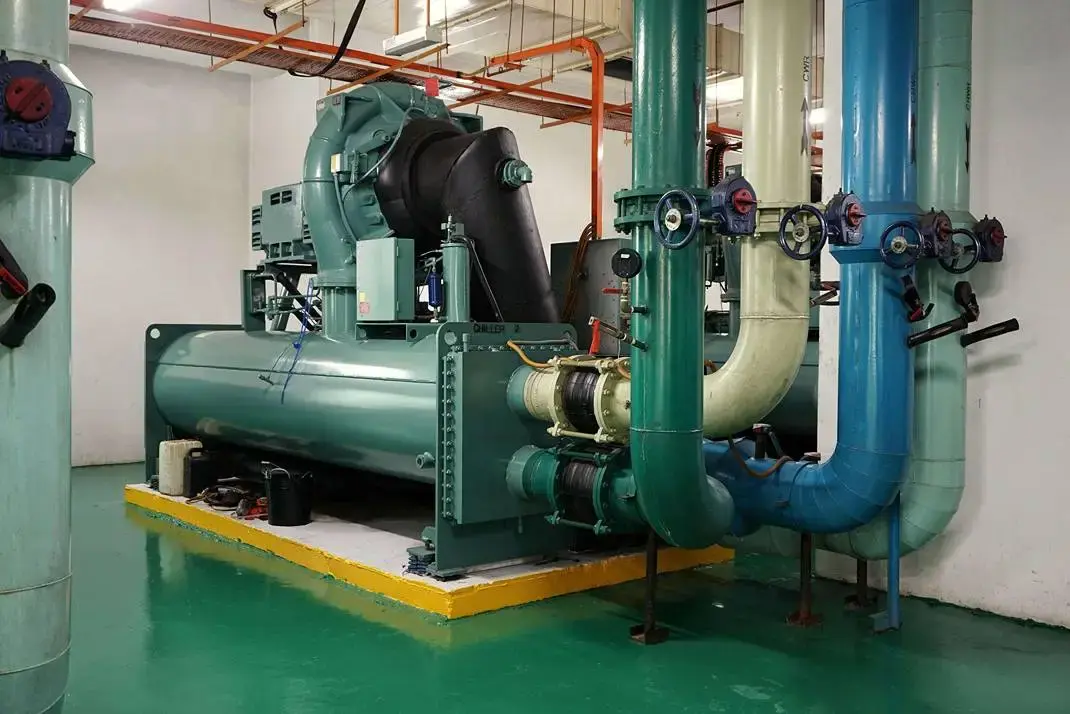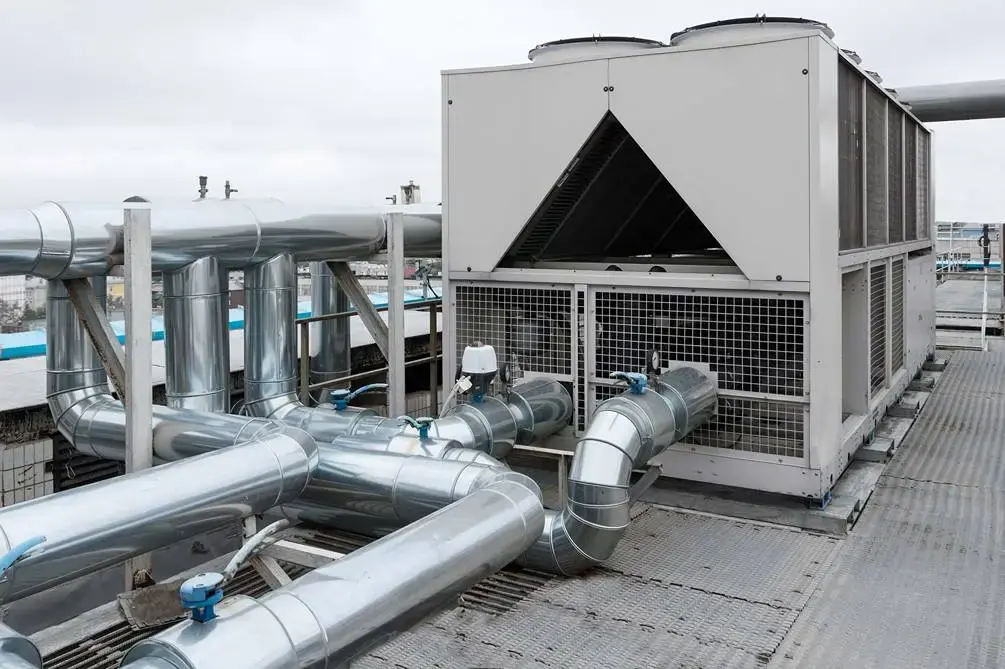
Chiller Replacement
NY Engineers evaluate and design chillers used in commercial and residential buildings.
Comfortable
Our solutions are designed to ensure optimal comfort, regardless of outdoor temperatures.
Energy-Efficient
We identify & eliminate unnecessary energy consumption, leaving you with maximal functionality for the minimum annual energy cost.
Built to Last
All of our systems are designed with longevity in mind, saving you maintenance costs down the line.
Experts in Chiller Evaluation and Design
Chillers are among the most important elements in commercial and industrial cooling systems, and their applications include air conditioning and process cooling. A chiller reduces the temperature a stream of water, which is then pumped throughout the building for cooling purposes. In simple terms, a chiller is a larger version of an air conditioner condenser unit. It uses a refrigeration cycle to remove indoor heat and reject it outdoors. The main difference is that smaller space cooling systems interact with indoor air directly, while a chiller cools water which is then distributed to fan-coils for space cooling


Chillers are among the most important elements in commercial and industrial cooling systems, and their applications include air conditioning and process cooling. A chiller reduces the temperature a stream of water, which is then pumped throughout the building for cooling purposes. In simple terms, a chiller is a larger version of an air conditioner condenser unit. It uses a refrigeration cycle to remove indoor heat and reject it outdoors. The main difference is that smaller space cooling systems interact with indoor air directly, while a chiller cools water which is then distributed to fan-coils for space cooling
What are the different types of chillers?

Based on how they reject heat, chillers can be classified into water-cooled and air-cooled chillers.
A water-cooled chiller uses a second water circuit to get rid of its heat, and the water is then pumped to an outdoor cooling tower to release the heat.
An air-cooled chiller is in direct contact with outdoor air to reject heat, and fans are used to establish an airflow through the unit. Keep in mind that both types of chiller use water to remove indoor heat. If you see water piping, do not immediately assume the system uses a water-cooled chiller. Chillers can also be classified based on the type of compressor they use:
- Reciprocating
- Centrifugal
Rotary-screw You can read more about the types of compressors in our dedicated article about the topic, published in the NY Engineers blog.
Why would I need a chiller replacement?
Energy efficiency is one of the main reasons to replace your chiller. Newer units have more advanced compressors and feature automatic controls, often allowing a significant reduction in energy expenses. A chiller replacement also represents a great opportunity to evaluate your existing cooling capacity and determine if there is a mismatch with the building load. When dealing with chillers and other HVAC systems, properly sized equipment offers superior performance. There is a common misconception that oversizing equipment is beneficial, but it actually leads to performance issues.
Does the NYC Energy Conservation Code affect chillers?
Existing chillers are not subject to the NYC energy code. However, the chillers in new constructions and major renovations must be code-compliant. If you are considering a chiller replacement for energy efficiency, the NYC energy code actually becomes a useful guideline to achieve high performance.
How can I determine if a chiller replacement is a good investment?
Like with any engineering project, a professional assessment is strongly recommended before making decisions. Even if you purchase the most efficient chiller available in the market, performance may still be poor if the chiller capacity and type are not suitable for your intended application. HVAC consulting engineers can determine the best way to upgrade your chiller and any other heating, cooling, or ventilation systems in your building. Heating and cooling represent over 60% of the energy used by NYC buildings, which means there is a significant opportunity to reduce energy consumption through upgrades.
Who can help me evaluate and design a chiller replacement?
Nearby Engineers New York Engineers has a staff of expert design professionals, who are highly familiarized with building code compliance in New York City. Get in touch to get an inspection of your current space cooling systems and identify the best upgrades, including chiller replacement suggestions;
